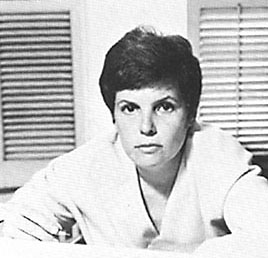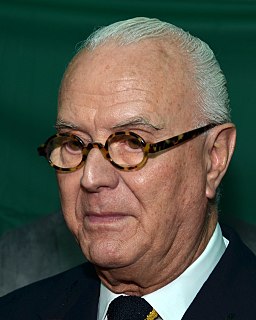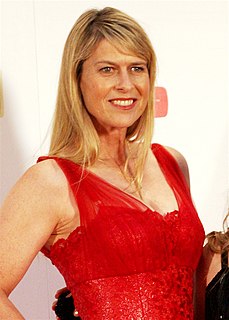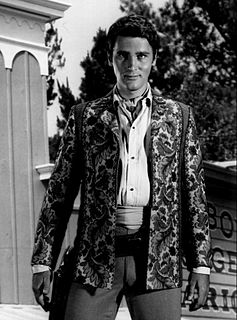A Quote by Ellen Glasgow
The nearer she came to death, the more, by some perversity of nature, did she enjoy living.
Related Quotes
She didn't care anymore... and she got no pleasure from the work she did, but she did it. Everything bored her. She found that when she didn't have a notebook it was hard for her to think. The thoughts came slowly, as though they had to squeeze through a tiny door to get to her, whereas when she wrote, they flowed out faster than she could put them down. She sat very stupidly with a blank mind until finall 'I feel different' came slowly to her mind. Yes, she thought, after a long pause. And then, after more time, 'Mean, I feel mean.
The Samaritan woman grasped what He said with fervor that came from an awareness of her real need. The transaction was fascinating. She has come with a buket. He sent her back with a spring of living water. She had come as a reject. He sent her back being accepted by God Himself. She came wounded. He sent her back whole. She came laden with questions. He sent her back as a source for answers. She came living a life of quiet desperation. She ran back overflowing with hope. The disciples missed it all. It was lunchtime for them.
[Short Talk on Sylvia Plath] Did you see her mother on television? She said plain, burned things. She said I thought it an excellent poem but it hurt me. She did not say jungle fear. She did not say jungle hatred wild jungle weeping chop it back chop it. She said self-government she said end of the road. She did not say humming in the middle of the air what you came for chop.
...but it was death that changed. People are still people. Some good, some bad. Death changed, and we don't know what death really means anymore. Maybe that was the point. Maybe this is an object lesson about the arrogance of our assumptions. Hard to say. But the world? She didn't change. She healed. We stopped hurting her and she began to heal. You can see it all around. The whole world is a forest now. The air is fresher. More trees, more oxygen.
But when did you see her, talk to me? When did you see her go into the cave? Why did you threaten to strike a spirit? You still don't understand, do you? You acknowledged her, Broud, she has beaten you. You did everything you could to her, you even cursed her. She's dead, and still she won. She was a woman, and she had more courage than you, Broud, more determination, more self-control. She was more man than you are. Ayla should have been the son of my mate.
I never watched those Spice Girls. I didn't enjoy that at all. So I didn't know Victoria Beckham well. But she came out with this pretty boy, got married, and the boy got more tattoos and more tattoos. And then I met her a few times, and we started work, and something happened. You know, she wanted it. She loves what she's doing.
She glared at me like she was about to punch me, but then she did something that surprised me even more. She kissed me. "Be careful seaweed brain." She said putting on her invisible cap and disappearing. I probably would have sat there all day, trying to remember my name, but then the sea demons came.
The doctor's wife wasn't a bad woman. She was sufficiently convinced of her own importance to believe that God actually did watch everything she did and listen to everything she said, and she was too taken up with rooting out the pride she was prone to feeling in her own holiness to notice any other failings she might have had. She was a do-gooder, which means that all the ill she did, she did without realizing it.
I wondered about Mrs. Winterbottom and what she meant about living a tiny life. If she didn't like all that baking and cleaning and jumping up to get bottles of nail polish remover and sewing hems, why did she do it? Why didn't she tell them to do some of the things themselves? Maybe she was afraid there would be nothing left for her to do. There would be no need for her and she would become invisible and no one would notice.







































